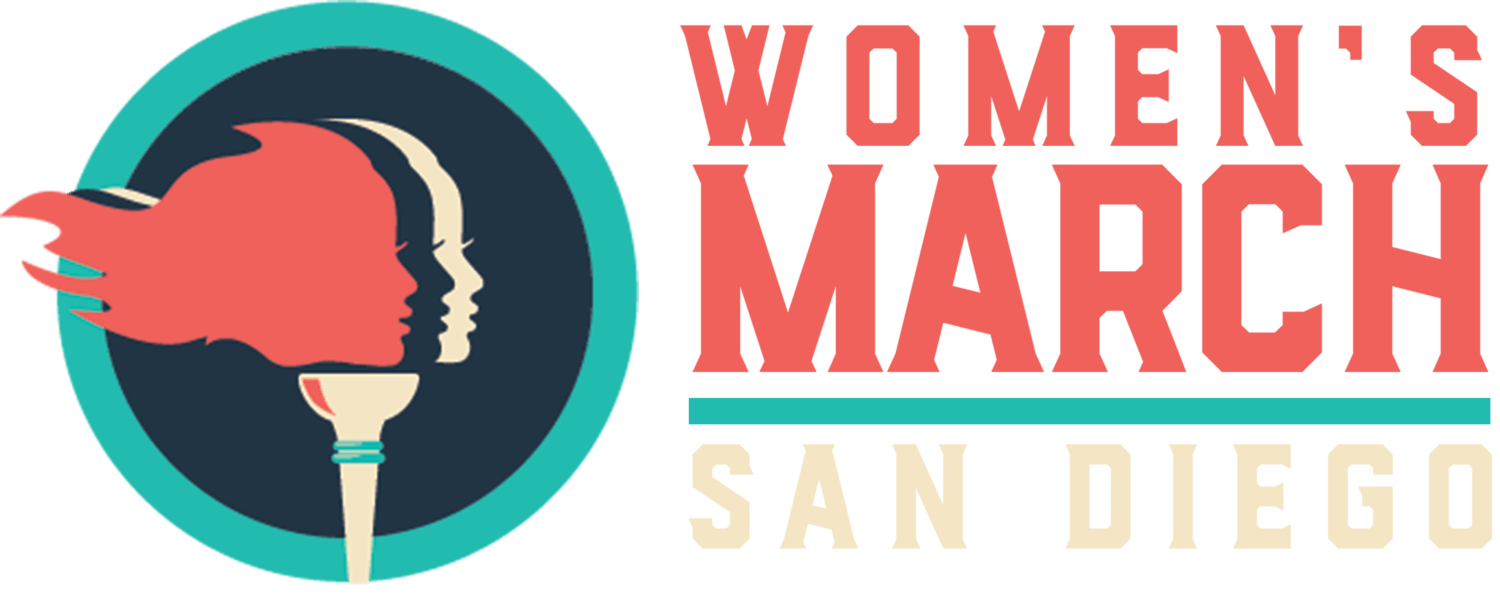Our dynamic and innovative San Diego nonprofit marketing agency brings brands to life! Puzzle Pieces is here to identify where you should focus your effort, energy and resources. We specialize in strategic campaigns that leverage our expertise to amplify your organization’s mission and ignite meaningful change. With our digital expertise, we empower nonprofits and mission-driven businesses.
We’ve been elevating causes with compelling storytelling, design, and branding since 2009. We use our creative minds to craft powerful narratives, captivating visuals, and engaging digital experiences to inspire action and raise awareness. With our data-driven approach, we tailor customized solutions to maximize your impact and cultivate meaningful connections with donors and communities. Join us in driving social change, and together, let’s create a brighter future. Sit back and let us unleash your brand.
Even when you’re using a touch screen, don’t be shy. Immerse yourself in the ultimate interactive website experience. There are hidden gems to find on your journey. Have a little more fun today.
Sit back & let us unleash your brand.
Sit back & let us
unleash your brand.
LET’S GET
STARTED!



























